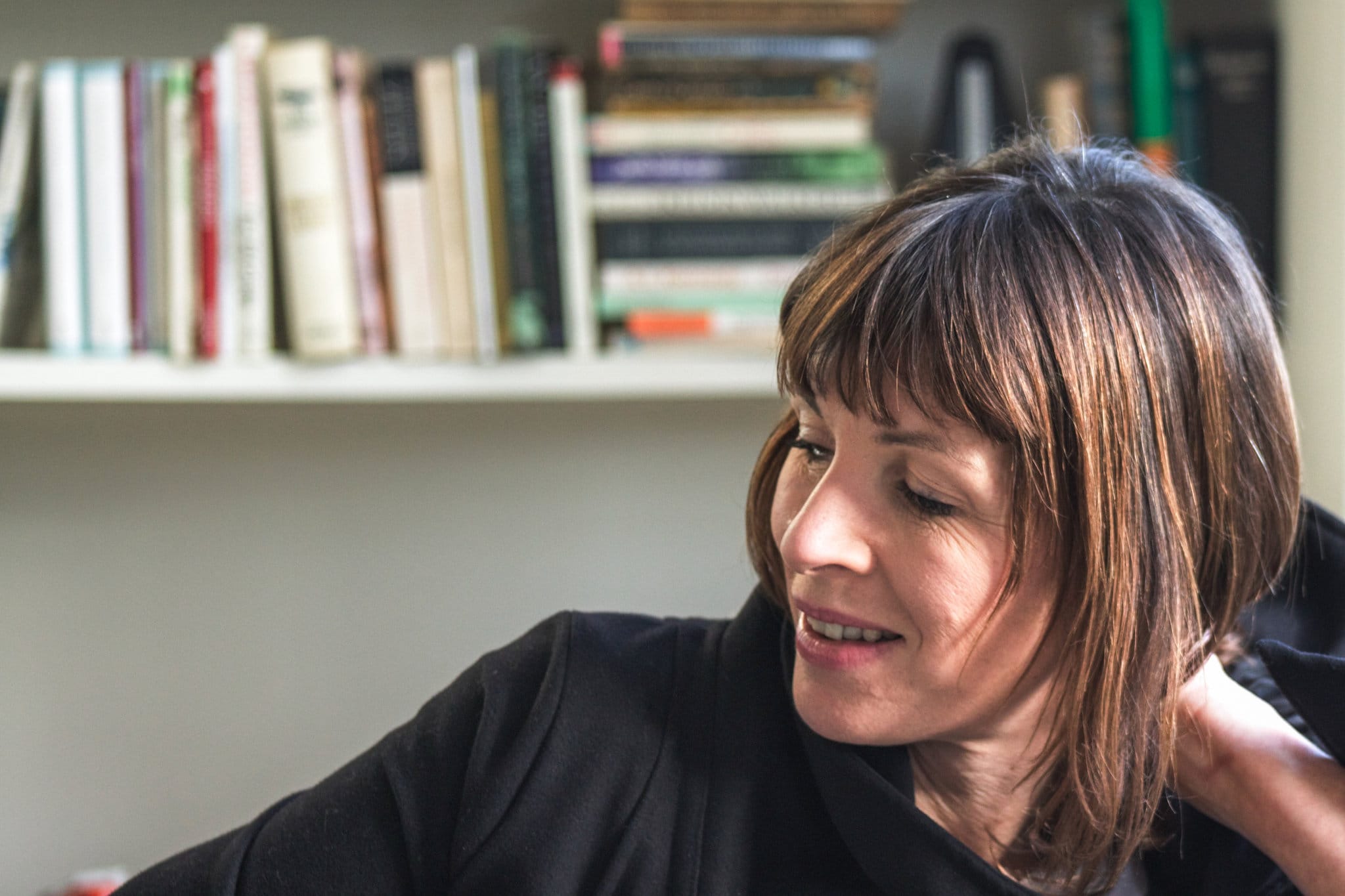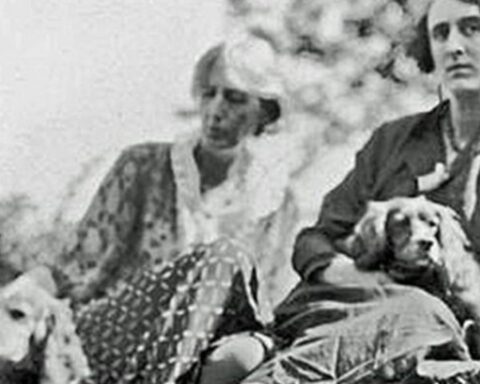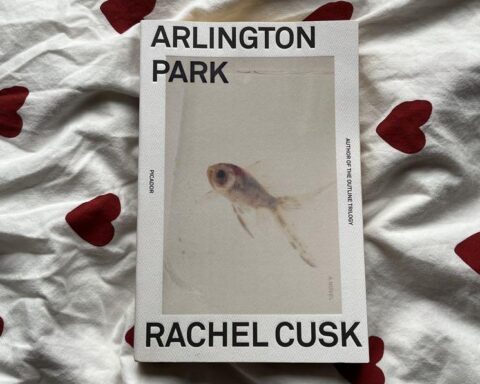Rachel Cusk is a prominent figure in contemporary literature, known for her incisive prose and deeply introspective narratives. Born in Canada in 1967, Cusk relocated to the United Kingdom during her childhood, an experience that would subtly shape her worldviews and thematic interests. After completing her early education, she pursued English Literature at New College, Oxford, where she began to hone her distinctive voice.
Cusk’s literary journey was significantly influenced by her academic background and the rich literary traditions she encountered during her studies. Her debut novel, “Saving Agnes,” published in 1993, garnered critical acclaim and won the Whitbread First Novel Award, marking her emergence as a significant new talent in the literary scene. The success of her early works established her as a deft storyteller capable of exploring the intricacies of human experience with profound insight and sensitivity.
Throughout her career, Rachel Cusk has continuously evolved, both in thematic scope and narrative technique. Her earlier works, such as “The Temporary” and “The Country Life,” reflect a keen interest in identity and social dynamics. Over time, she transitioned towards more autobiographical and experimental forms, as seen in her widely discussed memoir trilogy: “A Life’s Work,” “The Last Supper,” and “Aftermath.” These works were notable for their candid exploration of personal upheavals and societal expectations, providing readers with an unflinching look at the complexities of modern life.
Rachel Cusk’s reputation as a literary innovator was further cemented with her groundbreaking Outline Trilogy: “Outline,” “Transit,” and “Kudos.” These novels, characterized by their minimalist style and fragmented narrative, explore the fluidity of selfhood and the art of storytelling itself. The trilogy has been celebrated for its sharp introspection and its ability to capture the nuanced interactions that define human relationships.
In summary, Rachel Cusk’s rich literary journey reflects a continual push against boundaries, both thematically and structurally. Her body of work offers a fertile ground for exploring themes of identity, personal transformation, and the complexities of contemporary existence, setting the stage for a deeper exploration of her books and thematic preoccupations in the subsequent sections of this blog.
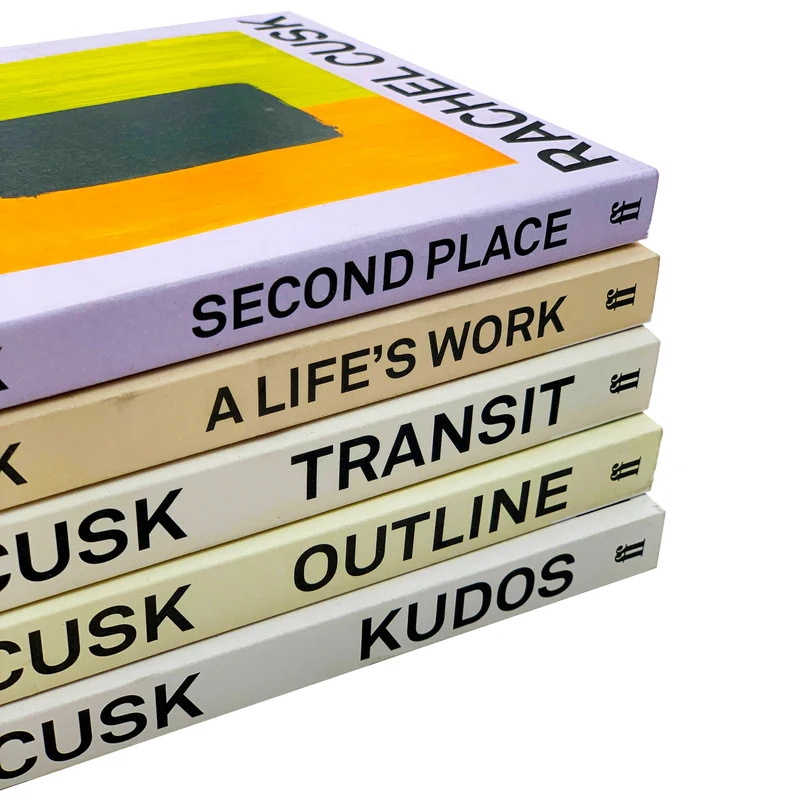
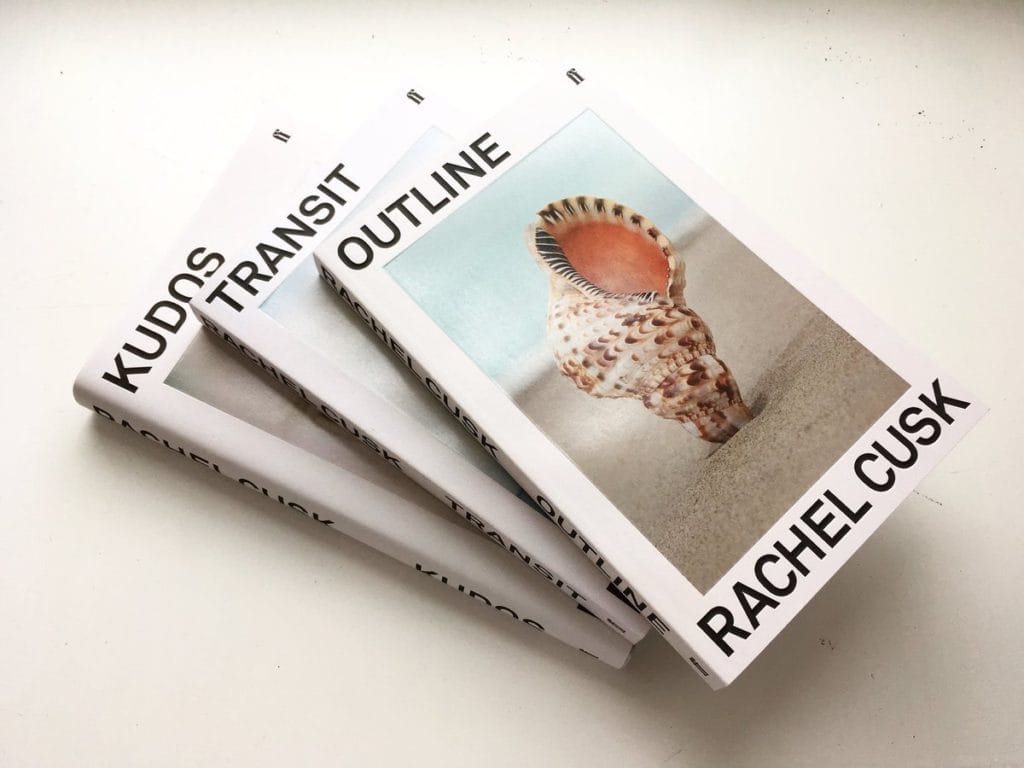
Analyzing Rachel Cusk’s Early Works
Rachel Cusk’s early literary contributions, notably “Saving Agnes” (1993) and “The Temporary” (1995), established her as a formidable voice in contemporary fiction. “Saving Agnes” introduces readers to the eponymous protagonist, Agnes Day, a young woman grappling with the cusp of adulthood. Embodying themes of identity and existential angst, Agnes navigates her life in London with a blend of introspection and disorientation. The novel scrutinizes the internal and external conflicts faced by a woman caught between societal expectations and personal aspirations.
In “The Temporary,” Cusk shifts focus to themes of transient existence and the impermanence of relationships. The narrative revolves around a love triangle entangling the protagonists with their fleeting professional ambitions. Central to this story is Karla, a woman whose relationships and career reflect a larger commentary on the temporariness that defines the modern human condition. Both novels are imbued with an undercurrent of feminism, highlighting the nuanced struggles of their female characters as they endeavor to carve out their identities in a predominantly patriarchal context.
The themes of identity and existentialism are intricately woven into the fabric of both novels, asserting Rachel Cusk’s adeptness at exploring the human psyche. These thematic currents are not merely abstract contemplations but are anchored in the tangible realities faced by her characters. The portrayal of their inner lives and external interactions provides profound insights into their existential dilemmas and feminist struggles.
Critically, “Saving Agnes” garnered acclaim, earning Cusk the Whitbread First Novel Award, which significantly bolstered her literary reputation. While “The Temporary” did not achieve the same level of critical success, it reinforced Cusk’s thematic preoccupations and narrative style, contributing to her evolving literary voice. These early works were instrumental in laying the groundwork for her subsequent explorations into human nature and personal identity, securing her place in the literary panorama.
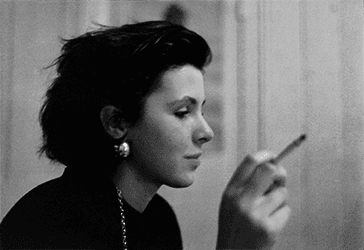
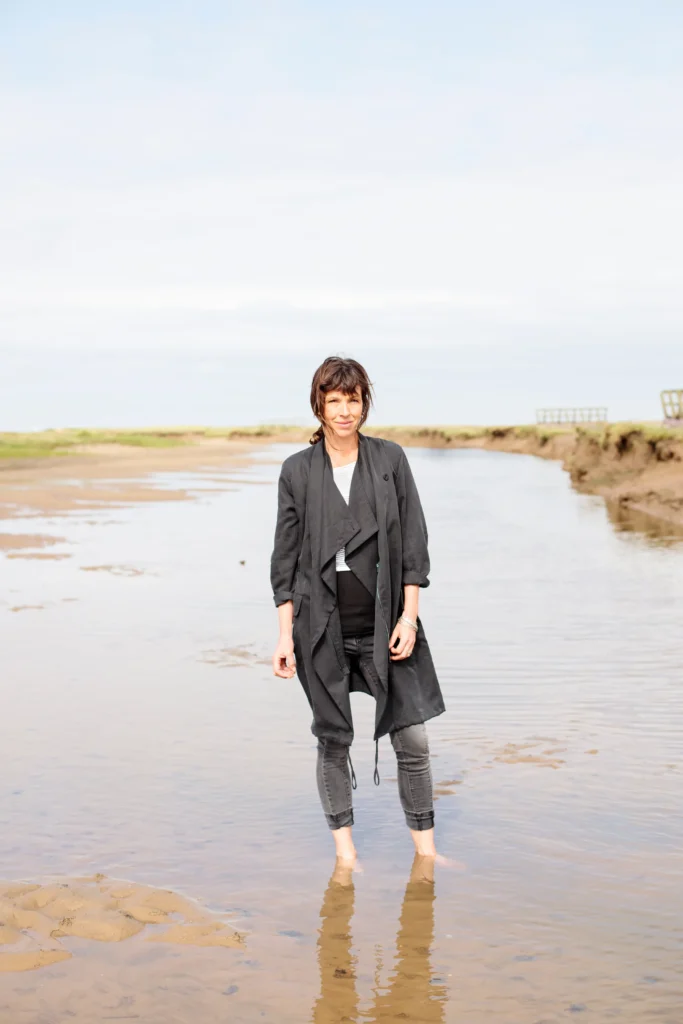


The Outline Trilogy: A New Phase in Cusk’s Writing
Rachel Cusk’s ‘Outline’ trilogy, encompassing ‘Outline,’ ‘Transit,’ and ‘Kudos,’ marks a pivotal shift in her literary approach. Distinguished by their interconnected narratives and quasi-autobiographical format, these books explore complex themes through minimalist dialogue-driven storytelling.
‘Outline,’ the first in the trilogy, introduces readers to Faye, a writer and teacher who engages in conversations with various individuals while on a trip to Greece. Through these interactions, Cusk unveils themes of identity, loss, and the intricacies of human relationships. The novel’s structure, predominantly formed from dialogues and minimal exposition, allows for a unique exploration of narrative perspective.
Following ‘Outline,’ ‘Transit’ continues Faye’s journey, focusing on her return to London and the process of reconstructing her life post-divorce. This installment delves deeper into themes of transformation and self-reinvention. Cusk’s narrative technique remains consistent, using Faye’s conversations and encounters as a vehicle to reflect broader human experiences and emotions.
The final book, ‘Kudos,’ witnesses Faye traversing various literary events across Europe. The narrative retains its emphasis on dialogue but shifts to examine the nature of storytelling itself. Through Faye’s observations and interactions, Cusk exposes the layered dynamics between author and reader, creator and critic.
Cusk’s innovative narrative techniques break conventional storytelling norms. The quasi-autobiographical format blurs the lines between author and protagonist, fostering a profound connection with readers. The minimalist approach to dialogue-driven storytelling underscores the nuances in conversations, emphasizing what is said and, crucially, what is left unsaid.
The ‘Outline’ trilogy has garnered critical acclaim for its introspective depth and stylistic boldness. Critics have lauded Cusk’s ability to dissect complex human emotions with precision. Reader reception has been equally favorable, with many appreciating the contemplative nature of the trilogy and its departure from traditional narrative forms.
In summary, Rachel Cusk’s ‘Outline’ trilogy represents an innovative phase in her writing career. Through its distinctive narrative form and exploration of profound themes, it challenges readers to rethink the essence of storytelling and the intricacies of human connections.

Themes and Evolution in Rachel Cusk’s Later Works
Rachel Cusk’s later works, such as Second Place and Coventry: Essays, stand as seminal contributions that reflect significant thematic evolution and narrative sophistication. These publications have garnered considerable attention, broadening the grasp of her literary prowess while fortifying her thematic focus on complex human experiences.
Second Place delves into the intricate dynamics of a woman inviting a famous artist to her remote property. This setup allows Cusk to explore themes of motherhood, marriage, and the fluid boundaries of societal expectations. The protagonist’s relationships, layered with nuanced emotional depth, serve as a microcosm for examining larger societal critiques. The narrative oscillates between stark realism and metaphorical introspection, showcasing Cusk’s ability to unify personal and universal struggles.
Meanwhile, Coventry: Essays offers a compilation of incisive reflections that underline the metamorphosis of Cusk’s thematic and stylistic approaches. The essays scrutinize topics ranging from family life to the interplay between the personal and political realms. The recurring themes of motherhood and marriage are revalidated but with a perspective that signifies growth and a deeper understanding. Cusk’s essays reveal a matured voice, resonating with a sharper critical insight and eloquence.
Comparatively, Cusk’s earlier works, like Arlington Park and The Bradshaw Variations, demonstrate her initial grappling with societal roles and personal identity. However, it’s in her recent narratives where these explorations find a more refined and contemplative articulation. The evolution in her storytelling is evident through a heightened emphasis on introspection and an increasingly complex portrayal of characters. Her narrative approach has shifted from conventional storytelling to a more fragmented, essayistic style, blending fiction with philosophical inquiry.
The reception to Cusk’s latest works has been diversely varied yet predominantly positive, with critics appreciating her bold narrative choices and thematic bravery. These works have cemented her influence on modern literature, heralding a transformation in how contemporary narratives examine the human condition.
